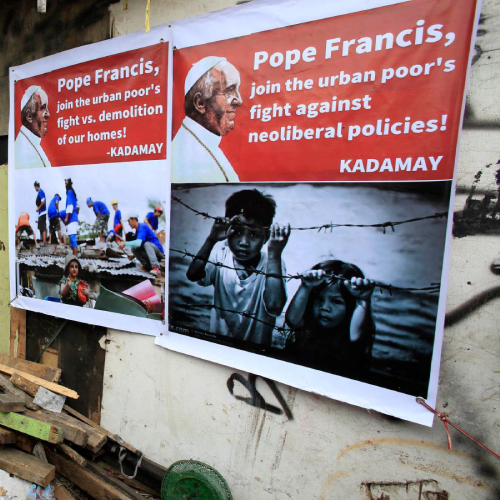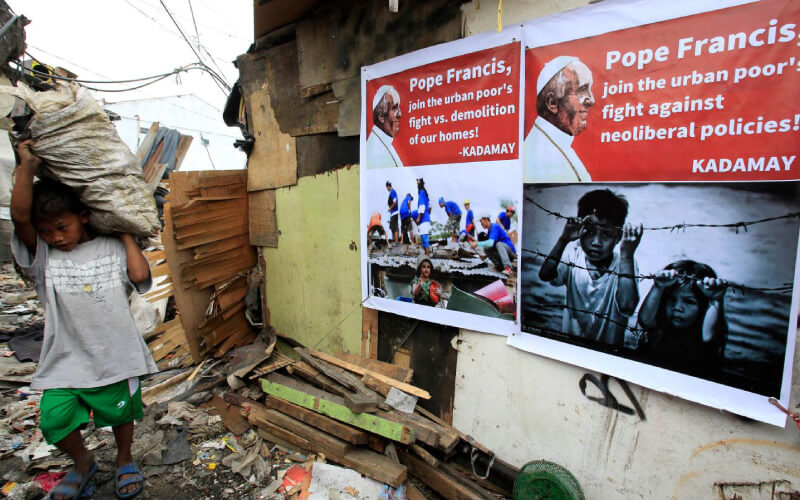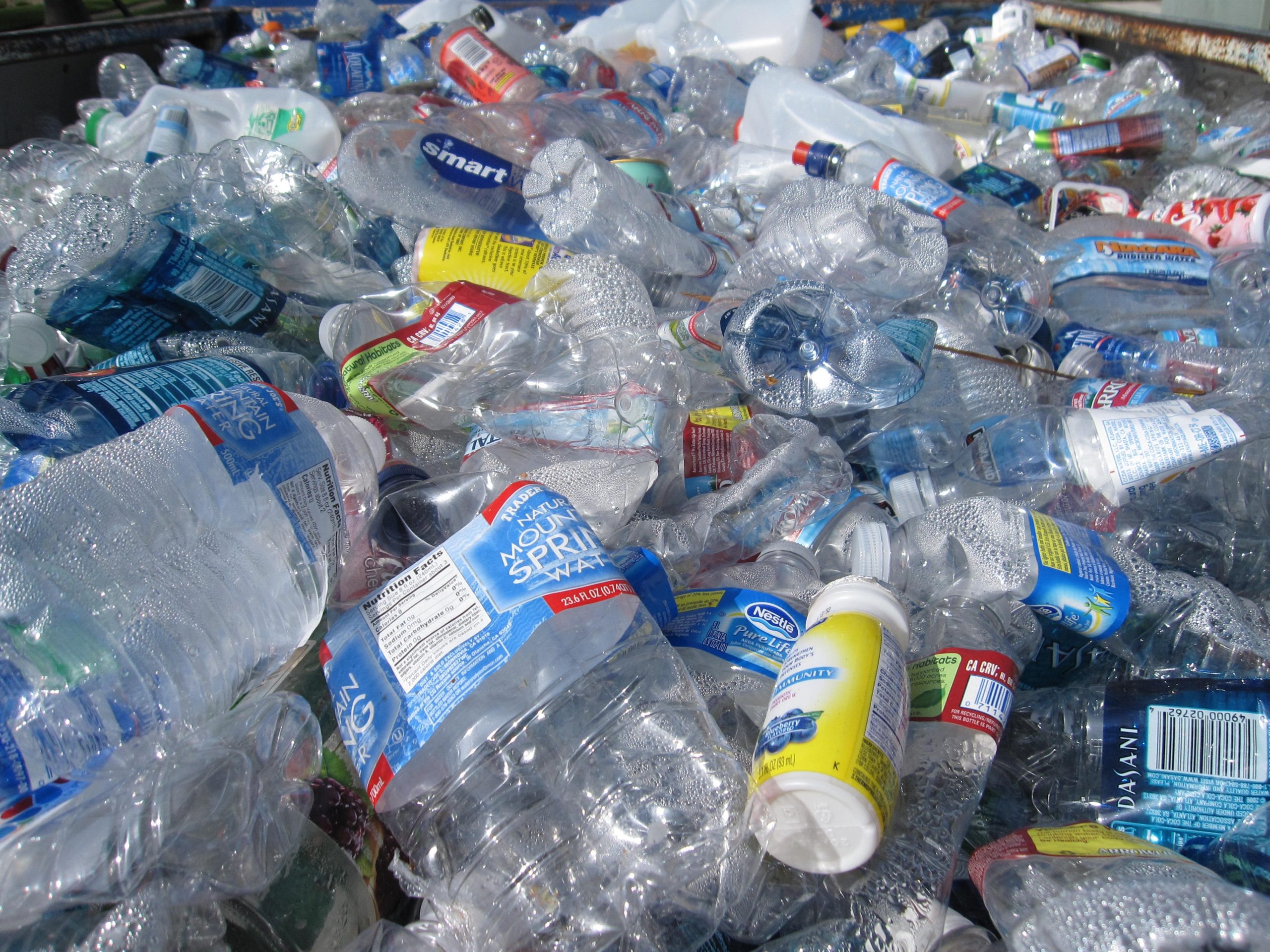Strictly speaking, I’m not a religious person. But I do believe that people’s faith, vis-a-vis the power of organized religion, could have a profound, if not near-miraculous, impact on the severely polluted state of our planet.
For one, most religions possess a clear hierarchy, and garner moral trust in its authority. Second, religion has the capacity to organize hundreds of millions of people around the world. Third, religion encourages people to think beyond themselves, and to reflect on how their actions impact their wider community and society.
We’ve seen faith-based beliefs, as well as prejudices, change the psychology of how people think on a large scale—both for better and for worse. Why not put that influence to use to solve one of the most urgent crises we face as a civilization today?
If you think about it, it’s a win for religious authorities: Faith leaders can bolster their own platforms and influence, create valuable partnerships with governments and business leaders, while at the same time restoring faith with the flock.
Why Religion Belongs in the Plastic Waste Debate
If you think about it, it’s a win for religious authorities: Faith leaders can bolster their own platforms and influence, create valuable partnerships with governments and business leaders, while at the same time restoring faith with the flock.
Sea-level rise, fossil-fuel usage and other large-scale forms of pollution are massive, global problems that require policy and market changes that are beyond the control of our individual actions.
But the overuse of non-essential plastic—generally meaning plastic that is disposed of after relatively short-term use, and excluding essential plastic components for life-saving medical materials such as IV drips, or the plastic piping in irrigation systems, for example—is a problem closely linked with individual choices, lifestyle and societal behavior.
Using significantly less (or ideally, no) plastic of this variety is something any one of us can accomplish, while supporting others in our communities to do the same.
Our planet houses a reported 8.3 billion metric tons of plastic. Of that, 6.3 billion—that’s about 79% of it—is waste. It’s a global scourge on our planet as well as our economy: The plastic sitting in our landfills represents an estimated annual loss of $80-$120 billion.





























